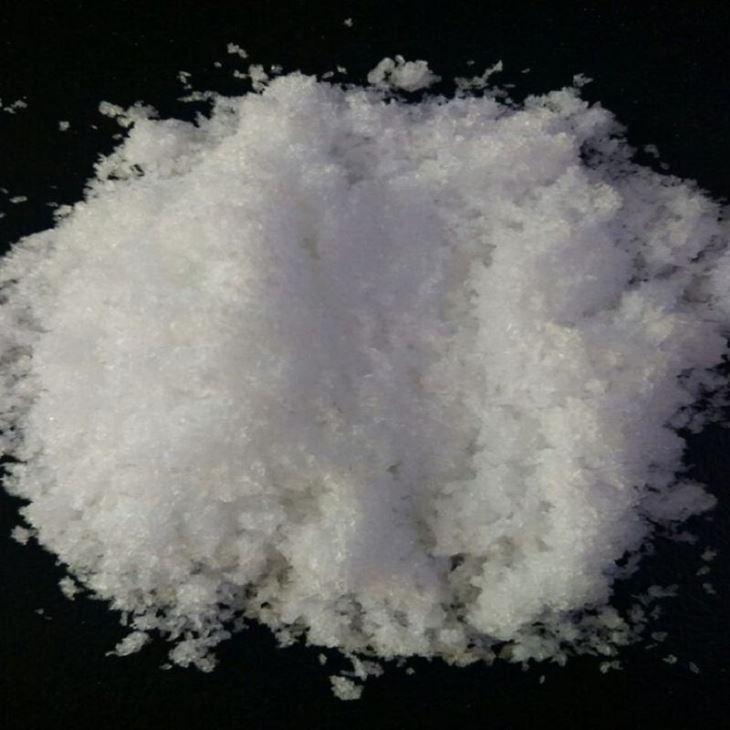CG MATERIAL
Aluminium Fluoride Powder AlF3, CAS No. 7784-18-1
Aluminium Fluoride Powder AlF3, CAS No. 7784-18-1
Aluminum Fluoride (AlF₃) is an inorganic compound that is commonly found as a white crystalline powder. It plays a crucial role in various industrial processes, particularly in aluminum production and glass manufacturing.
Specifications
| Chemical Formula | AlF3 |
| CAS | 7784-18-1 |
| Purity | 99%-99.9% |
| Particle Size | 200 mesh |
| Appearance | White powder |
Properties:
- Chemical Formula: AlF₃
- Appearance: White or colorless crystalline powder
- Melting Point: 1,290°C
- Boiling Point: Sublimes at around 1,275°C
- Density: 2.88 g/cm³
- Solubility: Slightly soluble in water and insoluble in most organic solvents
- Thermal Stability: Highly stable, can withstand high temperatures
Applications:
-
Aluminum Production:
- AlF₃ is primarily used in the production of aluminum by the Hall-Héroult process. It acts as a flux, lowering the melting point of alumina (Al₂O₃) and improving the efficiency of the electrolytic reduction of aluminum.
-
Glass and Ceramics:
- In the glass industry, AlF₃ is used to decrease the refractive index of glass, particularly in the production of specialty glasses like low-melting point glasses. It is also used in ceramics to improve the appearance and texture of products.
-
Catalyst in Chemical Reactions:
- Aluminum Fluoride is sometimes employed as a catalyst in certain organic reactions, especially in the production of fluorocarbons.
-
Refractory Coatings:
- Due to its high thermal stability, AlF₃ is used as a coating material to protect surfaces from extreme temperatures and chemical corrosion in applications such as furnace linings.
-
Optical Materials:
- It is also used in optical applications, particularly in the production of infrared optics and antireflective coatings due to its low refractive index and transparency to infrared light.
Handling and Safety:
- Toxicity: Aluminum Fluoride is relatively low in toxicity, but inhalation of the powder can cause respiratory irritation. Prolonged exposure may lead to more serious health effects such as lung issues.
- PPE: It is advisable to wear personal protective equipment (PPE) such as gloves, goggles, and masks when handling the powder, especially in industrial settings where exposure to large quantities is possible.


